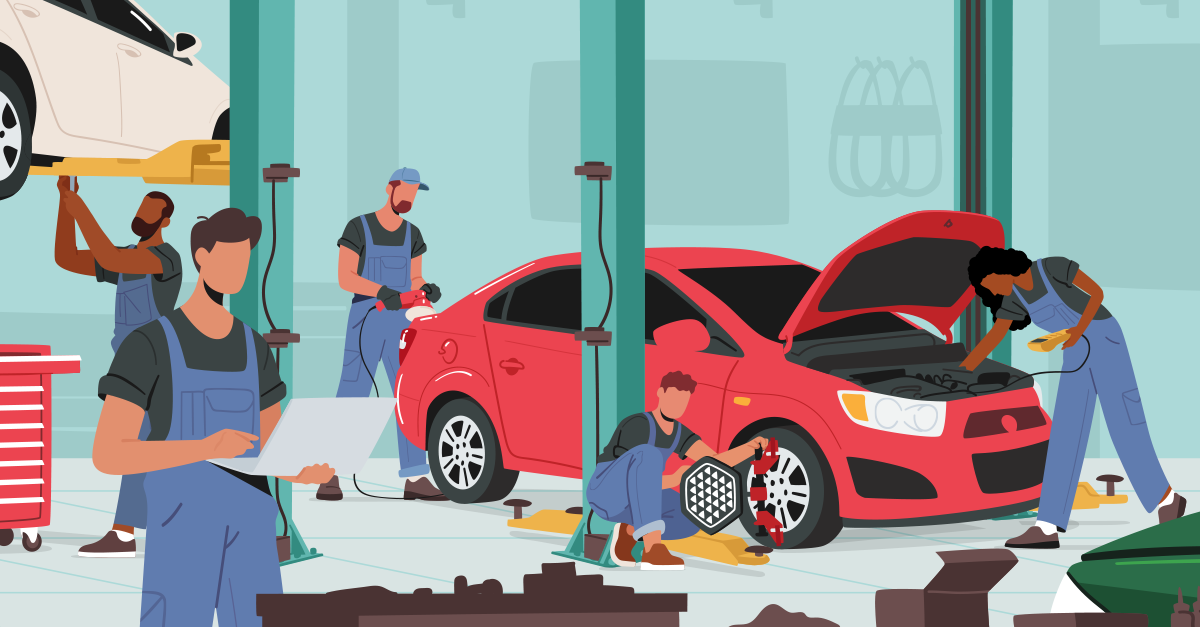- Topics
- Why Intelex
Overview
See why over 1,400 organizations choose Intelex.Compliance Center
Stay current with the latest compliance regulations.EHSQ Roadmap
Take the EHSQ journey with Intelex.Data Privacy & Security
Learn about our commitment to data security and privacy.Customer Stories
Discover real customer stories showcasing success with Intelex.EHSQ Community
Join the EHSQ community to share insights and best practices.Choose Intelex EHSQ Solution
Health & Safety
A World of Health & Safety Tools at Your Fingertips.Environment & Sustainability
Environmental Management Centralized and Made Easy.ESG
Integrated ESG Reporting, Risk & Performance Management.Quality & Supplier Management
Quality Management Solutions for Quality Assurance and Quality Control.Risk Management
Centralize and streamline your risk management program. - ProductsHealth & SafetyEnvironment & SustainabilityQuality & SupplierRisk Management
- Permit To Work Software
- Near Miss Reporting Software
- Process Hazard Analysis
- Management of Change Software
- Vaccine Management Software
- Observations Software
- Inspection Management Software
- Audit Management Software
- Document Control Software
- Job Safety Analysis Software
- Behavior Based Safety Software
- EHS Incident Reporting Software
- Training Management Software
- Mobile and Offline Capabilities
- Industries
Construction
Innovative solutions for the construction industry's challenges.Manufacturing
Transformative software solutions for the manufacturing sector.Transportation & Logistics
Advance EHS technology for transportation and logistics.Oil & Gas
Customized solutions for the oil and gas industry's EHS needs.Food & Beverage
Tailored EHS software solutions for the food and beverage industry.Automotive
EHS software tailored for the automotive industry.Aviation & Aerospace
EHS solutions specifically for the aviation and aerospace industries.Chemical
Specialized solutions for the chemical sector's unique needs.Consumer Goods
Innovative EHS solutions for the consumer goods industry.Energy & Electricity
Customized solutions for the energy and electricity industry.Healthcare & Medical
Advanced solutions designed for healthcare and medical fields.Pharmaceuticals
Cutting-edge software for the pharmaceuticals industry.Metals & Mining
Tailored EHS solutions for the metals and mining companies.Local Government
Customizable EHS solutions for local government.Retail
Innovative solutions for the retail industry's EHS challenges. - Resources
Product Demo
Experience our product demos to see solutions in action.Insight Report
Gain valuable knowledge from our detailed insight reports.On-Demand Webinar
Watch our on-demand webinars for expert insights anytime.Application Spotlight
Explore application spotlights to see our solutions at work.Upcoming Webinar
Sign up for our live webinars to stay ahead with EHS trends.Whitepaper
Access our whitepapers for in-depth industry knowledge.Expert Connect
Connect with Intelex experts for personalized industry insights.Customer Stories
Explore customer success stories to see our solutions in action.Partners
Discover our partners and how they can help your business. - About




